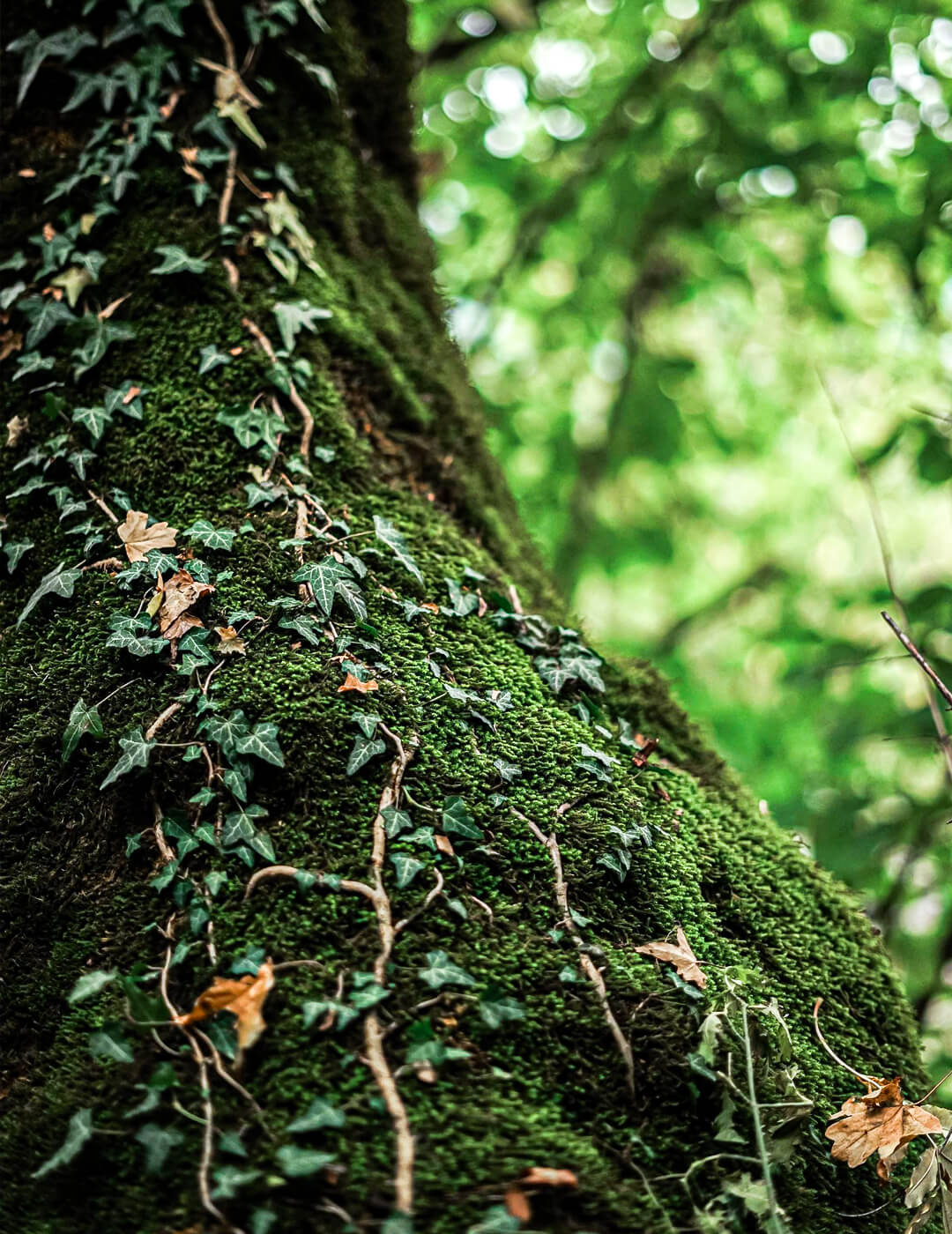In this edition of Il Bisonte Journal we present Fiorenzo Caspon, the man who has been saving trees in his territory for ten years. Let’s begin our walk.
Working as a correspondent for this Journal, I met the owner of a factory that makes steel wool for washing pots, in the industrial area of a village known more for its Palladian villa than for the Fanzolo name. From a video surveillance screen in his office, I caught sight of him arriving well-dressed in work clothes. Driving a tractor. He apologized for being late—he’d had a breakdown. We lingered for a few minutes at the desk, and then: “Come on, I’ll show you the fields.”
My walk with Fiorenzo did not last long, but it was long enough to hear the story of the most generous of Veneto’s environmental protectors, as we followed the beckoning tree-lined avenues. Let me introduce you: Fiorenzo Caspon, a sixty-six-year-old entrepreneur from Treviso who for ten years has bought land behind his sheds as well as large previously-explanted trees with bare, defenceless roots, or trees destined to be cut down. And he replaces them. In ten years, the fields have grown to 100 and the trees number 5,000. “We won’t have time to see them all.”
As we walk, the interview takes on its own pace, and the answers come naturally. The flow of speech is easily diverted by the landscape’s many elements. Here we find ourselves under «a wall of corn. See, this is the work of fake farmers! Intensive farming of corn, soybeans and wheat has no purpose besides profit. They are allowed to waste incredible amounts of water irrigating, to destroy the land with machinery as tall as skyscrapers, and poison the birds in clouds of pesticides.” Fiorenzo’s condemning words are those of a farmer on a mission.
His fields do not resemble an oasis in the desert at all. Only local plants, which he calls by their proper names, grow along the edges: morari (mulberry trees), fagari (beech trees), stropari (willows), and then planes, poplars and oaks. Fiorenzo also buys pheasants and hares and sets them loose where they won’t be hunted during the season. Suddenly we stop. Two long ears pop out from behind a tree. The animal looks back and slips into a nearby tobacco field. We carry on.
